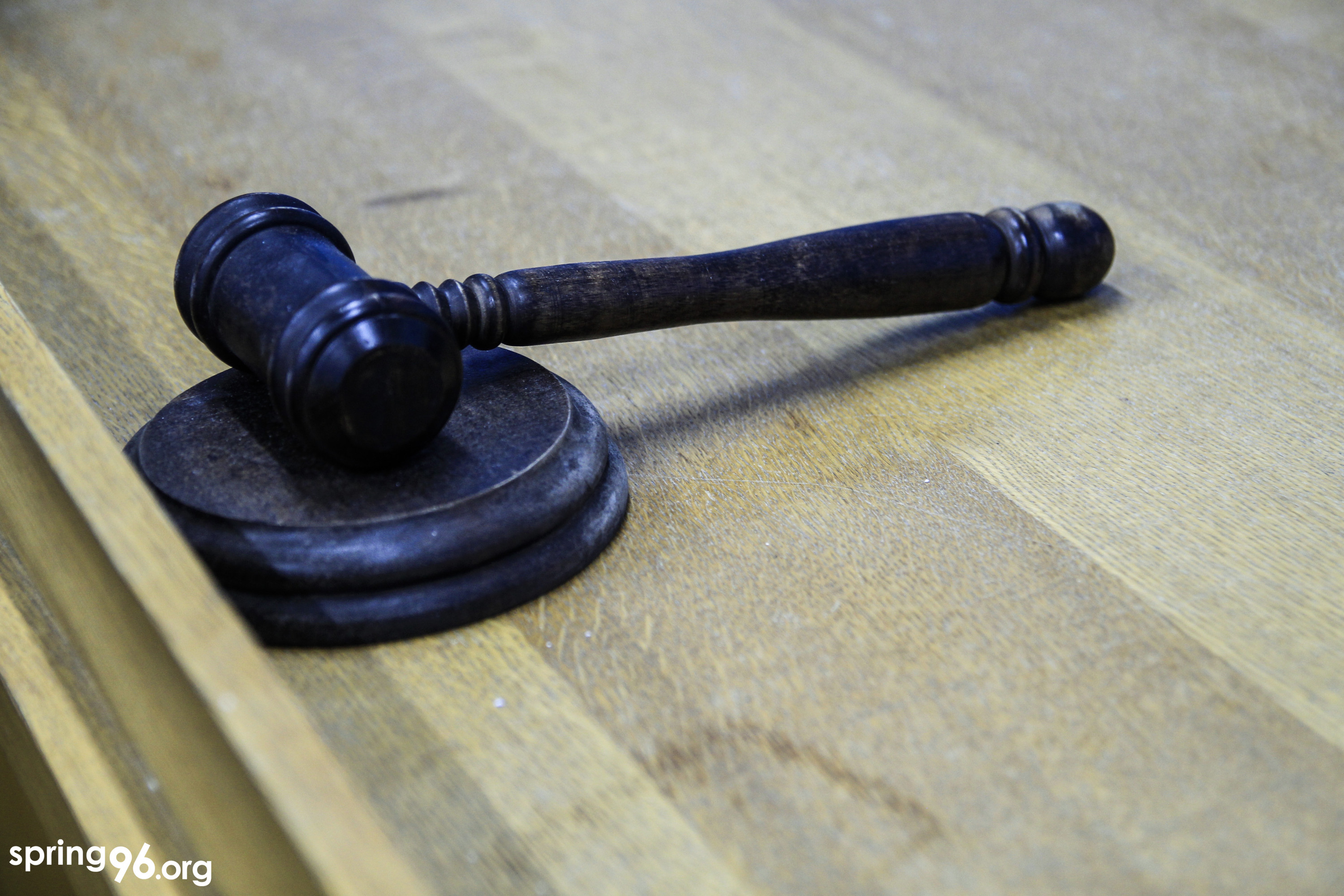In 2020, more than 100 people were convicted in politically motivated criminal cases
Since the announcement of the 2020 presidential election in early May, the Human Rights Center “Viasna” has been monitoring criminal cases of a politically motivated nature targeting participants in the presidential race, activists of their campaigns and post-election protesters. As of early 2021, Viasna knows more than 650 names of people from across the country affected by politically charged criminal persecution. 166 people from among them are currently on the list of political prisoners, with three more called political prisoners earlier.
In the last two months of 2020, dozens of criminal cases finally reached courts. Viasna has been able to track at least 103 sentences handed down in criminal cases related to the events that took place during and after the August 9 presidential election.
The bulk of the cases are related to charges under Art. 364 of the Criminal Code (violence or threat of violence against a police officer), Art. 363 (resistance to a police officer or other person protecting public order) and Art. 342 (organization or active participation in group actions which gravely breach public order). The courts have also heard more than a dozen cases of defamatory articles for insulting state symbols (Article 370 of the Criminal Code; while some cases of “insulting” the flag were classified as “hooliganism” under Article 339 of the Criminal Code), insulting a government official (Art. 369) and the president (Art. 368), libel (Art. 188) and others.
The first criminal case on “rioting” charges was heard in Navahrudak (under Part 1 and Part 3 of Article 293 of the Criminal Code). One of the defendants, political prisoner Uladzimir Harokh, was sentenced to 7 years in a penal colony. This punishment is so far the most severe penalty of all imposed in political cases in 2020.
A total of 45 defendants were sentenced to terms of imprisonment, including 18 in Minsk.
Others faced movement restrictions as a result of “restraint of liberty” convictions or were confined to so-called “open-type penal facilities,” forced labor dormitories with certain restrictions, popularly known as “khimiya”.


















